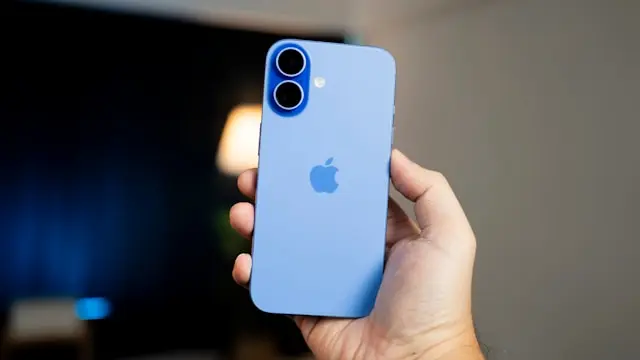Apple is facing challenges in Indonesia as the government blocks the sale of the iPhone 16 due to unmet local content requirements. Known as TKDN (Tingkat Komponen Dalam Negeri), these regulations mandate that electronic devices must include a certain percentage of locally produced components to be marketed in the country.
Currently, Apple’s market share in Indonesia lags behind competitors like Oppo, Samsung, and Xiaomi. Data from Statista shows that Apple held 12.36% of the smartphone market in Q3 2024, with Oppo leading at 17.1%. By December 2024, Statcounter recorded a slight decline in Apple’s market share to 10.55%.
Apple’s strategy focuses on the premium segment, offering iPhones priced at Rp7 million and above. According to Tesar M. Sandikapura, Chairman of Idiec, while the iPhone's overall market share in Indonesia is relatively small, its revenue per device is likely higher than that of competitors. "The iPhone is more expensive and targets the premium market," Tesar said, based on reports by Bisnis.com.
To regain market access, Apple is negotiating with Indonesia’s Ministry of Industry. The talks, scheduled for January 7–8, 2025, involve Apple representatives from its U.S. headquarters. Minister Agus Gumiwang Kartasasmita stated that the negotiations will not be easy, as both parties aim to protect their respective interests. "Apple will prioritize its business interests, while we, as the government, will uphold principles of fairness and local value creation," he said.
Despite its premium positioning, Apple’s absence in the mid-to-low segment—smartphones priced at Rp1–2 million—limits its ability to compete with brands like Oppo and Xiaomi. This is reflected in Indonesia’s smartphone market data, where Apple trails behind its competitors.
SOURCE: BISNISCOM | PHOTO: UNSPLASH
Read More






 Saturday, 07-02-26
Saturday, 07-02-26







